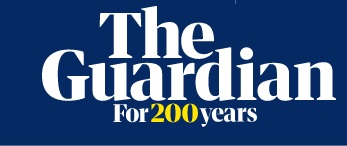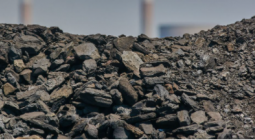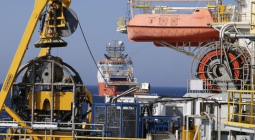Countries can get over their internal contradictions, and take action on the climate in spite of them, according to Corrêa do Lago. Brazil embodies this: the country has recently become a major producer of oil and gas, but its president, Luiz Inácio Lula da Silva, has repeatedly insisted, at Cop30 and the summit of world leaders in Belém that preceded it, on the need to “move away from dependency on fossil fuels”.
Countries should face up to these opposing internal forces rather than try to hide them, Corrêa do Lago urged. “This Cop is happening in a country that is at the same time a nouveau oil producer and exporter, and the champion of renewables.
“The country where you have the largest tropical forests in the world and the country that has the largest meat producer in the world. Brazil is a microcosm of the world: we have many successes, and we still have great challenges [with poverty] and many things to do to improve the life of our population. We understand the challenges of wealth and the challenges of poverty. [Brazil] reminds us that every country in the world has contradictory circumstances.”
Lula is expected to return to Belém on Wednesday in an attempt to draw conflicted countries together. Corrêa do Lago said this would be done by listening to all countries’ concerns. “Brazil doesn’t want to do a top-down negotiation – Brazil wants to hear from countries which solutions they propose,” he said.
Corrêa do Lago is a pragmatist, a climate diplomat since 2002 who believes the annual talks must evolve fast to keep up with the speed at which global heating is altering the planet. Arguments over the precise wording of promises and resolutions that have been rehearsed many times before can distract countries from the need to pursue action in the real world, he says.
“The sense of urgency is what drove us to insist on implementation, because I think at this stage it’s irrelevant to be right. What is relevant is really to advance and make progress in implementation,” he said.
That could mean countries pushing ahead with “coalitions of the willing” to take immediate action, rather than waiting to gain consensus at a Cop. Brazil has drawn up an “action agenda” of issues that do not need formal Cop approval to go ahead.





